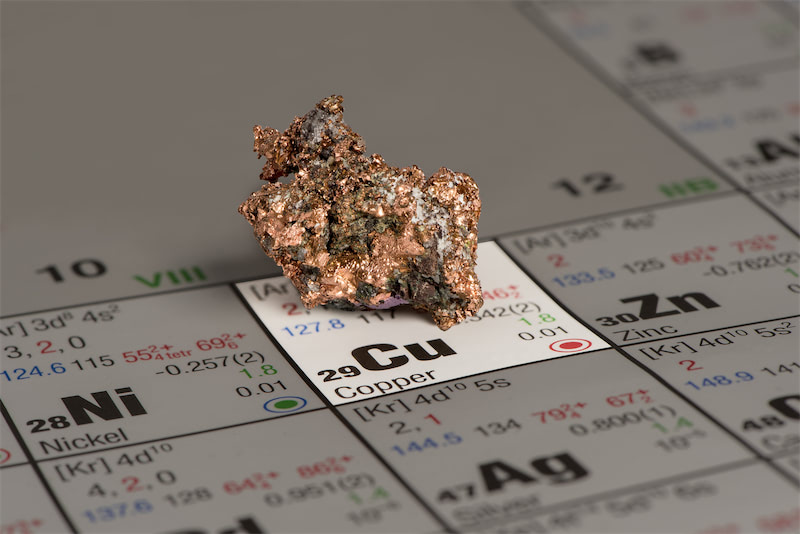SMM Tin Morning Briefing on August 22, 2025:
Futures: The most-traded SHFE tin contract (SN2509) fluctuated rangebound at a low level during the night session, closing at 266,800 yuan/mt, down 0.3% from the previous trading day.
Macro: (1) A US government official stated that the Trump administration is considering taking stakes in companies receiving funds under the Chips Act, but major semiconductor firms increasing investments in the US are not on the list. US Commerce Secretary Rutenik previously confirmed that the government was in talks to acquire a 10% stake in Intel and said the government might also consider taking stakes in other companies. This statement has raised concerns among industry executives who worry that the government may also take stakes in large chip manufacturers like TSMC, Micron, and Samsung. Sources say TSMC (TSM.N) executives have had preliminary discussions about refunding subsidies if the US government demands to become a shareholder. This indicates that the US government's move could face opposition from businesses. (2) According to two informed sources, the Trump administration is considering a plan to reallocate at least $2 billion from the Chips Act to fund critical mineral projects and enhance Commerce Secretary Rutenik's influence over strategic industries. The proposed measure would draw funds from grants for semiconductor research and chip factory construction, avoiding new spending requests. One source said strengthening Rutenik's role in critical mineral financing would also help centralize the government's overall strategy for the industry. White House officials pushed for this approach after last month's Pentagon investment in rare earth company MP Materials sparked discussions on the US government's mineral strategy. (3) Cleveland Fed President Harmack said she would not support an interest rate cut in September if the US Fed were to make a policy decision tomorrow. "Inflation is too high and has been rising over the past year," Harmack said in an interview on Thursday. "Based on the information I have, I don't see a reason to lower rates if we were to meet tomorrow." She acknowledged concerns about the labour market but noted that the unemployment rate remains close to her estimate of full employment. "Overall, I think it's important to maintain a mild tightening policy stance to continue pulling inflation back to target levels."
Fundamentals: (1) Supply-side disruptions: Overall tin ore supply in main production areas such as Yunnan is tightening, with some smelters expected to remain closed for maintenance or slightly cut production in August (Bullish ★). (2) Demand side: PV industry: After the installation rush, orders for PV solder bars in east China have declined, leading to a decrease in operating rates for some producers; Electronics industry: In south China, the electronics end-user sector has entered the off-season, coupled with high tin prices, resulting in a strong wait-and-see sentiment, with orders only maintaining essential needs; Other sectors: Demand for tinplate, chemicals, and other areas remains stable, without any unexpected growth.
Spot market: Downstream enterprises generally adopted a cautious stance, maintaining only minimal restocking needs for production. High prices suppressed trading volume, with traders' daily trading volume mostly ranging from 5 mt to 20 mt, and a few reaching over 30 mt (one truckload). However, overall activity remained sluggish.
[The information provided is for reference only. This article does not constitute direct advice for investment research decisions. Clients should exercise caution in their decision-making and not use this to replace independent judgment. Any decisions made by clients are unrelated to SMM.]

![The Most-Traded SHFE Tin Contract Opened Lower and Then Traded Stronger, Spot Market Recovers Amid Downtrend [SMM Tin Midday Review]](https://imgqn.smm.cn/usercenter/WWXJU20251217171753.jpg)
![The most-traded SHFE tin contract fluctuated rangebound during the night session, with downstream enterprises mostly following up with small-lot transactions. [SMM Tin Morning Brief]](https://imgqn.smm.cn/usercenter/bYFQn20251217171752.jpg)
